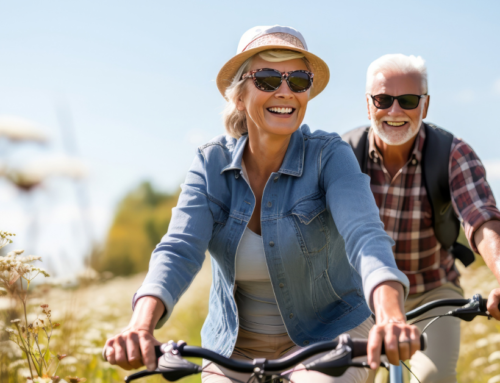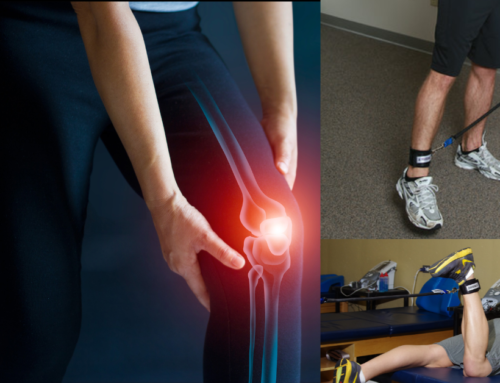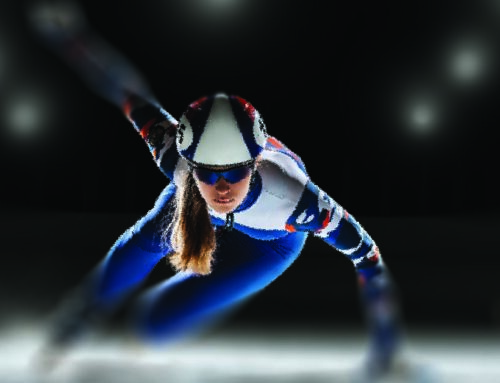This season’s artic temperatures are a perfect recipe for icy walkways. And icy walkways can easily lead to slips and falls, resulting in anything from minor bruising to severe hip fractures. While the number of injuries or deaths from falls due to winter conditions is not recorded by the National Safety Council, safety experts agree that many injuries result from falls on ice-covered surfaces.
In fact, falls rival poisoning as the number one home accident in the U.S. It’s been estimated that 35 to 45 percent of otherwise healthy, community-dwelling 65 or older adults fall at least once a year. And, according to the National Institute of Health, U.S. hospitals have 300,000 admissions for broken hips each year, many of them being seniors, with falls often being the cause of those fractures. What’s even scarier is that one in five who suffer a hip fracture die within a year’s time.
Why are 65+ prone to falling?
Decreased balance is attributable to an age-related decline in multiple physiological systems that contribute to:
- Decreased muscle flexibility and strength*
- Reduced central processing of sensory information*
- Slowed motor responses*
What’s more, the more fearful you are of falling, the more your body will instinctually stiffen to avoid it. And the more you stiffen, the worse your balance becomes.
So what can we do to prevent slips and falls?
Many of these accidents can been prevented, or at least minimized, by improving your balance. So it’s essential that balance exercises be incorporated into your physical activity program.
A resistance band is an invaluable tool for overcoming balance issues. Resistance exercise improves your strength, flexibility and posture, which in turn improves balance and coordination to reduce the risk of falling. NZ Manufacturing offers the MediCordz® Modular Bungie Cordz. Used to strengthen muscles and improve agility, our Modular Bungie Cordz will not break like latex bands. It’s made from premium- quality, durable rubber and is surrounded by braided nylon for added versatility, security and comfort.
Any other winter tips?
It’s important that you recognize the hazards of slippery surfaces and always walk consciously. Here are helpful hints from winter-safety experts that will reduce the risk of falling when slippery conditions exist:
- Do not walk in shaded areas where ice can build up.
- Watch the ground and avoid any darkened or shiny areas, likely to be ice patches, on sidewalks.
- Wear shoes or boots with good traction, and avoid shoes with smooth surfaces.
- Keep your hands out of pockets and avoid carrying heavy loads that may cause you to become off balance.
- At home, remove snow immediately before it becomes packed or turns to ice.
- Keep your porch stoops, steps, walks and driveways free of ice by frequently applying ice melt products.
Winter can be a very dangerous time as far as frozen ice on the ground is concerned. While it takes extra effort to exercise and step carefully, it’s well worth it. Slips and falls can lead to an expensive surgery and a long recovery. And they may limit your ability to participate in daily and leisure-time activities now – and for many years to come.
*Source: American Geriatrics Society, British Geriatrics Society, and American Academy of Orthopedic Surgeon Panel on Falls Prevention, 2001




